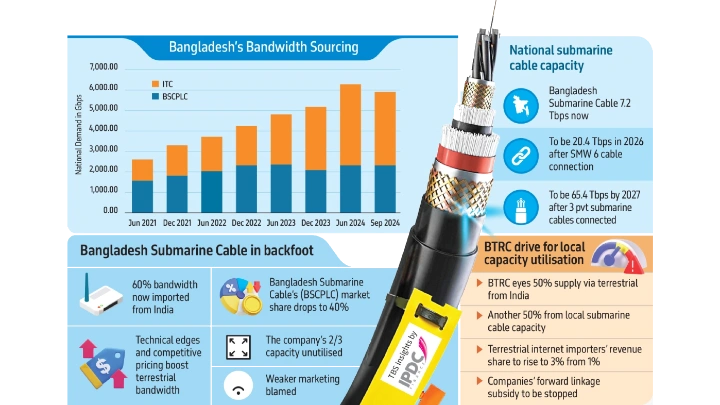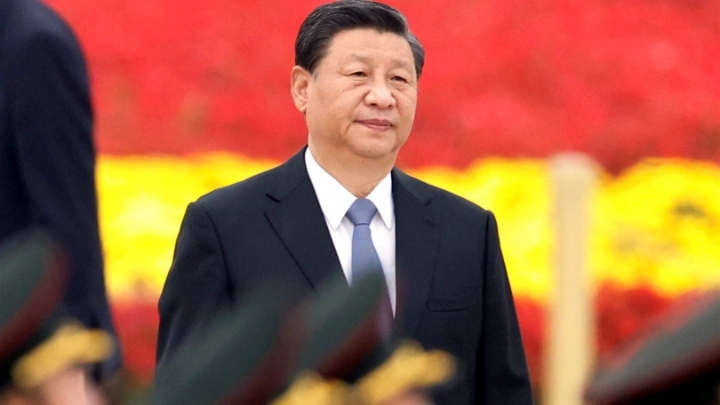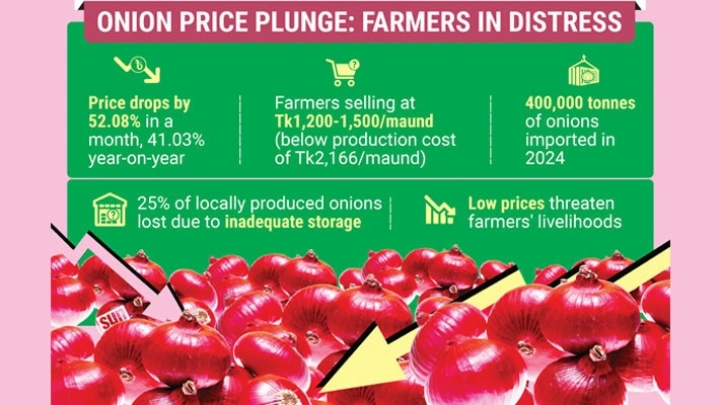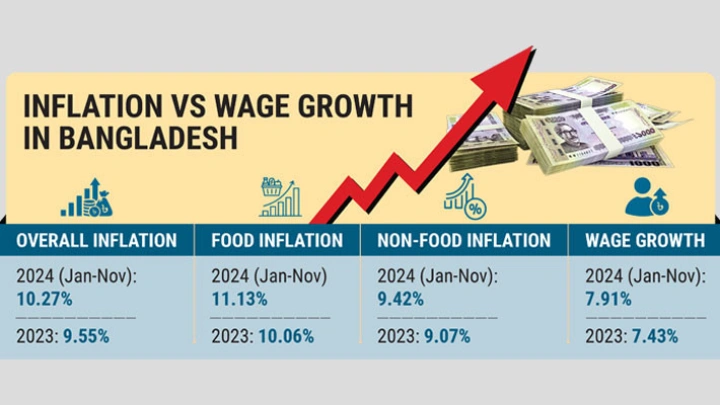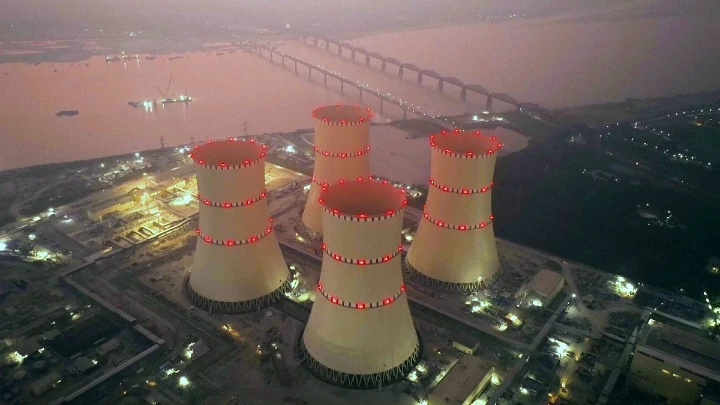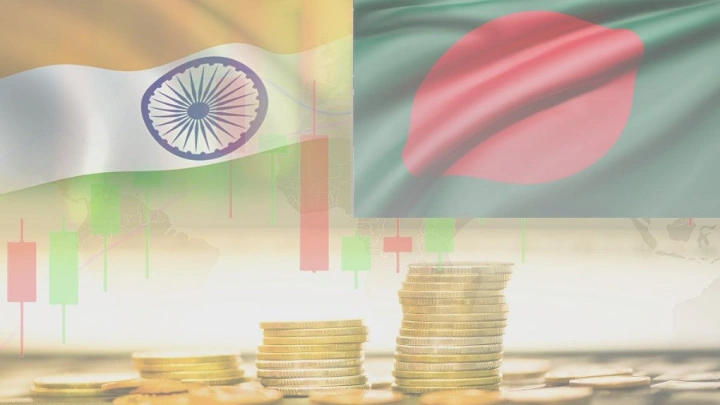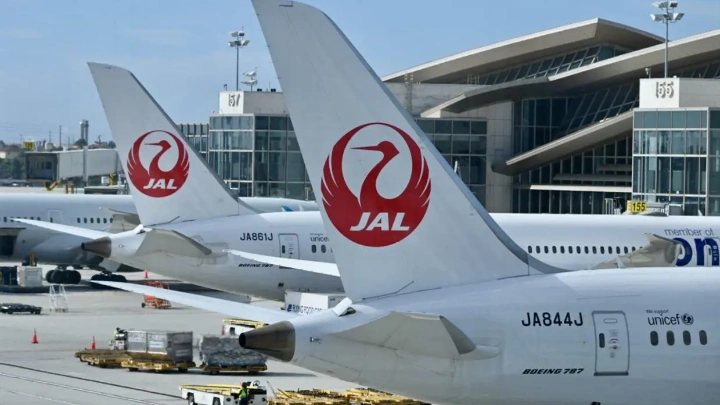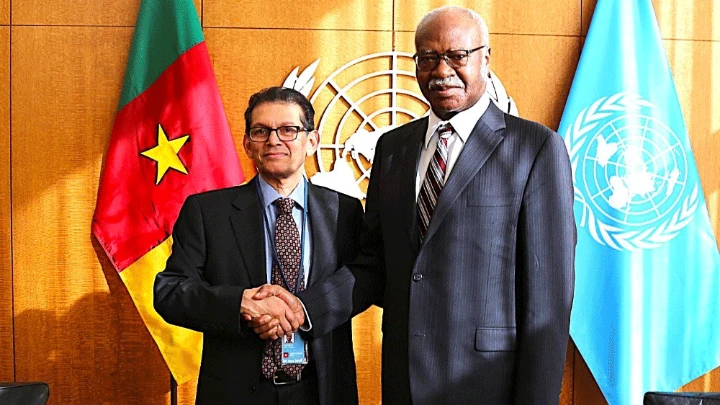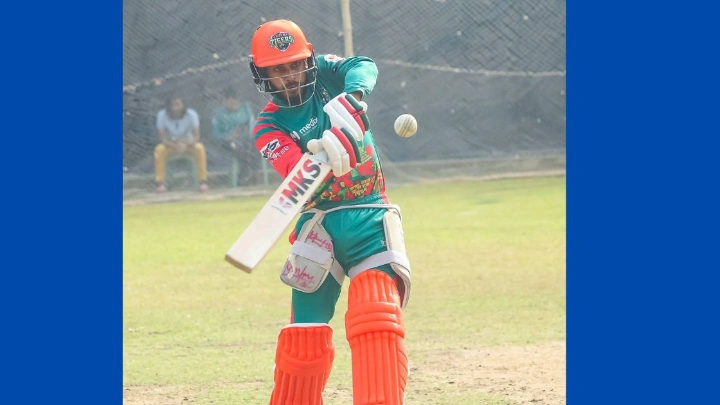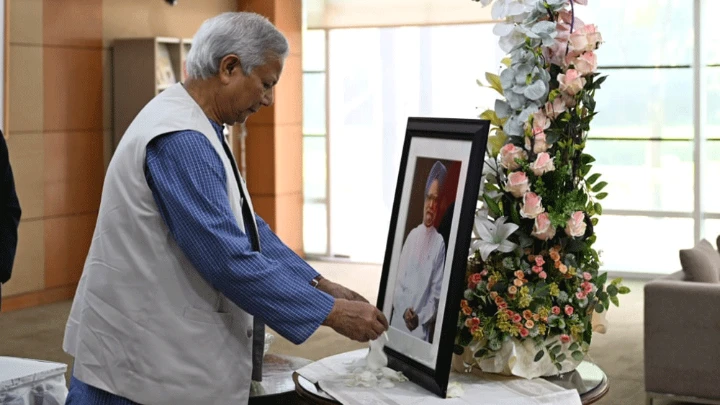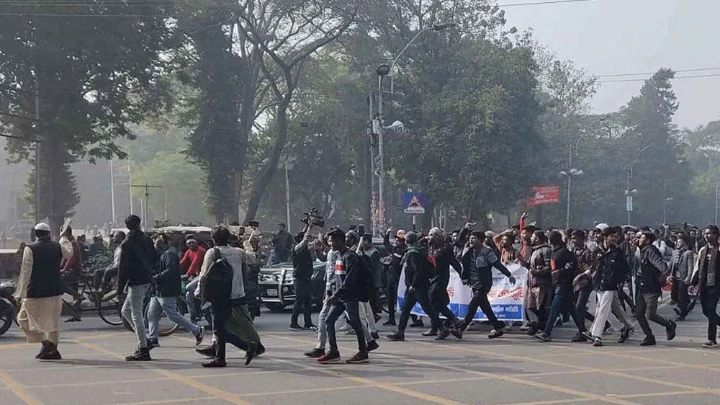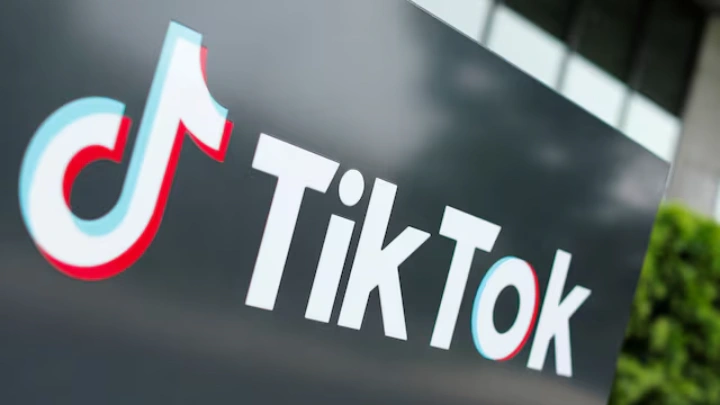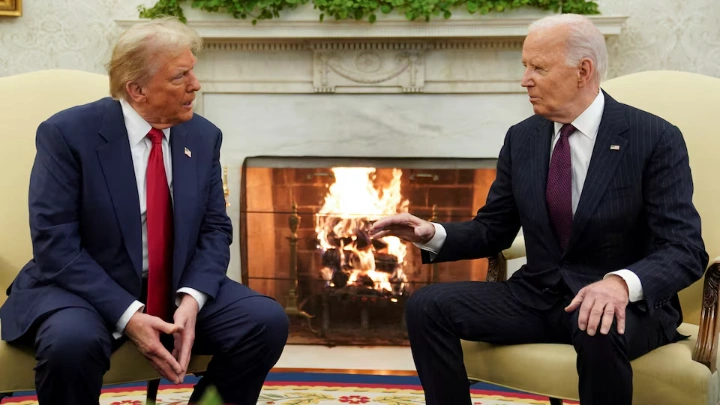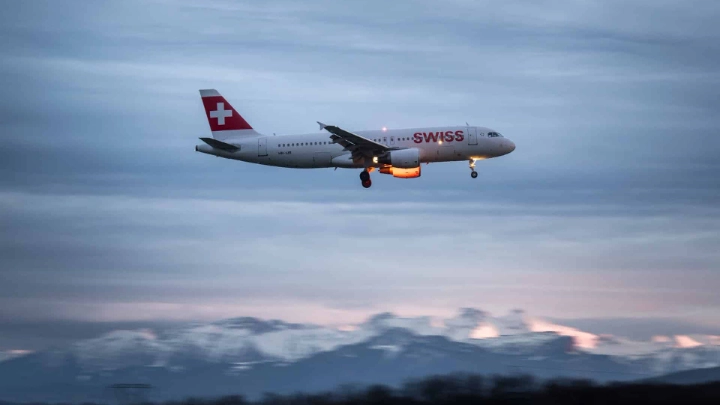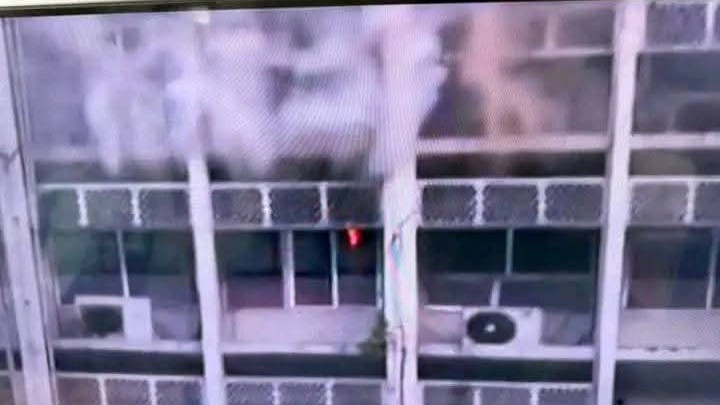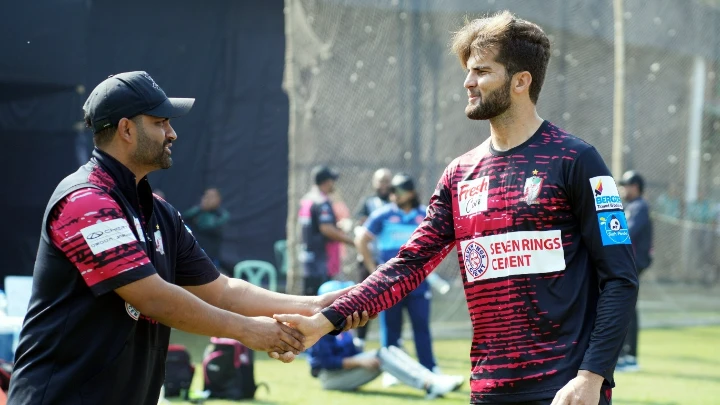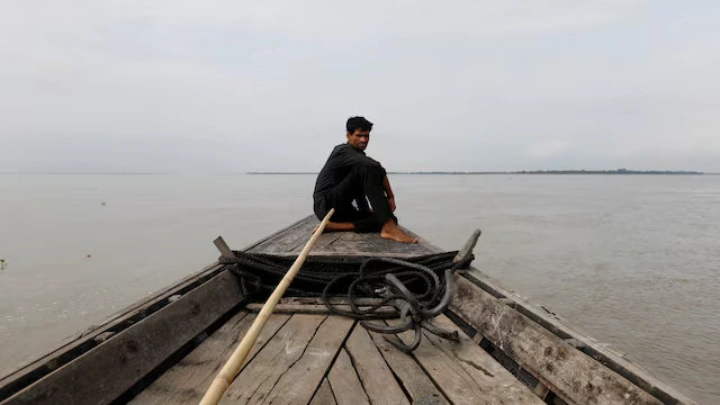The regulator says the move will promote local capacity utilisation, healthy competition
Dhaka's net deal with India: What's in it and why BTRC now seeks to trim import
TBS || Shining BD
The Bangladesh Telecommunication Regulatory Commission (BTRC) has taken a significant step to limit internet bandwidth imports from India, a move expected to promote local capacity utilisation and healthy competition.
Bangladesh sources internet bandwidth from two main channels - terrestrial and submarine cables. Currently, there is no cap on bandwidth sourcing.
Approximately 60% of the country's national demand is met through international terrestrial cables (ITC) imported from India via the Benapole border – a trade that the Sheikh Hasina regime had encouraged for over a decade.
This growing dependency has sidelined the state-run monopoly Bangladesh Submarine Cable PLC (BSCPLC) whose infrastructure investments exceeding Tk1,000 crore remain significantly underutilised.
To address this disparity, the BTRC has proposed limiting the share of bandwidth sourced through international terrestrial cables from India to a maximum of 50% of the total demand.
The regulatory body has already sought government approval for this measure to reduce reliance on Indian providers and encourage greater use of the country's submarine cables.
Bangladesh spends over $40 million annually in foreign currency to buy around 4.5 terabits per second (Tbps) of bandwidth from six Indian firms - Bharti Airtel, Reliance Jio Infocom, SIFY Technologies, Lightstorm Telecom Connectivity, and Tata Communications
If approved, International internet Gateway (IIG), which wholesales international bandwidth to last mile internet providers, will be restricted to sourcing no more than half their supply from ITCs or submarine cables.
The BTRC has also proposed a fairer revenue-sharing model between the competing sources. If approved, ITC operators will be required to contribute 3% of their revenue, up from the current 1%, aligning with BSCPLC's obligations to the BTRC.
Besides, the regulator has tasked the relevant department with preventing ITC operators from selling subsidised bandwidth to their own forward-linked businesses in order to maintain market discipline.
The initiatives will promote healthy competition and own capacity utilisation, BTRC Chairman Major General (retd) Emdad ul Bari told The Business Standard.
"Both terrestrial and submarine cables are essential for redundancy and backup during supply disruptions. However, the current market imbalance needs correction," he added.
The chairman explained that ITCs were initially given benefits, but industry malpractices have led to issues. "The regulator now focused on ensuring the sustainability of both submarine and terrestrial cable businesses."
The IIG guidelines earlier had a 60% cap on bandwidth sourcing from either system. However, to promote ITCs, the BTRC lifted the cap through an interim directive in June 2012, a decision the regulator now seeks to reverse.
Local capacity utilisation drive
Bangladesh spends over $40 million annually in foreign currency to buy around 4.5 terabits per second (Tbps) of bandwidth from six Indian firms - Bharti Airtel, Reliance Jio Infocom, SIFY Technologies, Lightstorm Telecom Connectivity, and Tata Communications.
In contrast, BSCPLC, which operates its first subsea cable SMW 4 since 2006 and SMW 5 since 2017, has a combined capacity of 7.2 Tbps but spends nearly $4 million each year on infrastructure maintenance and upstream payments for bandwidth in Singapore.
However, the total national expenditure in Singapore is comparable to what Bangladesh spends on bandwidth from India, as most BSCPLC clients use its infrastructure but pay for the bandwidth abroad, according to industry sources.
The regulatory push aims to boost local capacity utilisation, especially since BSCPLC's new cable and three upcoming private submarine cables are set to increase national capacity to about 60 Tbps by 2027.
Aslam Hossain, managing director at BSCPLC, said, "We support the policy move, which should enhance national resource utilisation especially given the risk of Indian interception of Bangladeshi content."
He mentioned that the SMW 6 project, worth over Tk1,000 crore set to provide 13.2 Tbps of capacity, will raise BSCPLC's total capacity to 20.4 Tbps by mid-2026.
Meanwhile, national bandwidth demand is currently around 6 Tbps, with BSCPLC supplying 40% of that in September while utilising only a third of its current capacity, and slightly more than a tenth of its future capacity.
How Indian imports surpassed submarine
To prevent the exhaustion of its first submarine cable and ensure redundancy, the BTRC issued six ITC licenses in 2012, followed by a seventh for the state-owned Bangladesh Telecommunications Company two years later.
The bandwidth-importing business, which requires minimal investment, struggled to compete with submarine internet until India began building massive local servers for global giants like Google, Amazon, Meta, and Akamai.
This allowed companies to save on international bandwidth costs previously spent connecting to Singapore servers.
The surge in internet usage during the Covid-19 pandemic made ITC internet more popular in Bangladesh, according to Lt Commander (retd) Moshiur Rahman, COO of the second-largest ITC operator, Fiber@Home Global.
ITCs connect to nearby Indian servers, whereas submarine cable internet routes to Singapore, creating a significant latency difference of 8-11 milliseconds versus 48 milliseconds, he said.
Given that over 70% of Bangladesh's internet bandwidth is used for social media, this difference matters, he explained.
Emdadul Hoque, president of the internet Service Providers Association, said BSCPLC has been slow to reduce prices despite its underutilised capacity.
Additionally, he said if submarine cable prices had been lowered, ITC internet could have become even more affordable, as Indian companies, with less reliance on international bandwidth, could have passed on further cost reductions.
He added that private players provide more reliable 24/7 services than state-owned firms like BSCCL, which often face service delays.
Md Ariful Huq, deputy general manager for marketing and sales at BSCPLC, told TBS that the cap, if implemented, will speed up the establishment of local servers by global companies in the coming years.
He mentioned that BSCPLC recently announced a 50% bonus bandwidth for IIGs and a 30% bonus for infrastructure users of its first cable connected to Chennai servers in an effort to compete with ITCs.
Cross subsidy
Cross-subsidisation, where companies use profits from other businesses to undercut competitors, has become a significant problem, said BTRC Chairman Bari.
For six months up to September, ITC operators sold half of their bandwidth at an unusually low rate of Tk7 per Mbps, reportedly to their linked IIG firms, according to a BTRC analysis.
Other IIGs purchased the remaining bandwidth at prices ranging from Tk135 to Tk184 per Mbps, in line with the ITCs' purchase prices of $1 to $1.05.
Five of the six active ITC operators - BTCL, Novocom, Summit Communications, Fiber@Home, and Mango Teleservices - run IIG businesses. BSCPLC is also involved in the IIG business, according to the BTRC.
Industry reaction
Moynul Haque Siddiqui, managing director at Fiber@Home Global, expressed concerns that bandwidth capping might discourage global firms due to fears of policy inconsistency.
"The regulator did not consult with ITCs regarding the capping decision, which could impact redundancy and investor confidence," he said.
Stressing the need for global scale local servers, he noted that ITCs played a key role in reducing internet prices in the country over the past one decade.
Also, ITCs filled the gap during the second submarine cable blackout for more than two months earlier this year which could not be possible with a cap in place, he added.
Siddiqui explained that terrestrial and submarine cable internet serve different needs, and forcing users to rely on both, regardless of their requirements, is like forcing someone to "split their grocery shopping between a nearby convenient market and a distant, larger hub."
Siddiqui also doubted the accuracy of regulatory findings that ITCs sell half of their bandwidth at Tk7 per Mbps, saying it is "not feasible" for a company.
Supporting the need for local capacity utilisation, IIG Association of Bangladesh Secretary General Ahmed Junayed said it should be through competitiveness.
Shining BD

